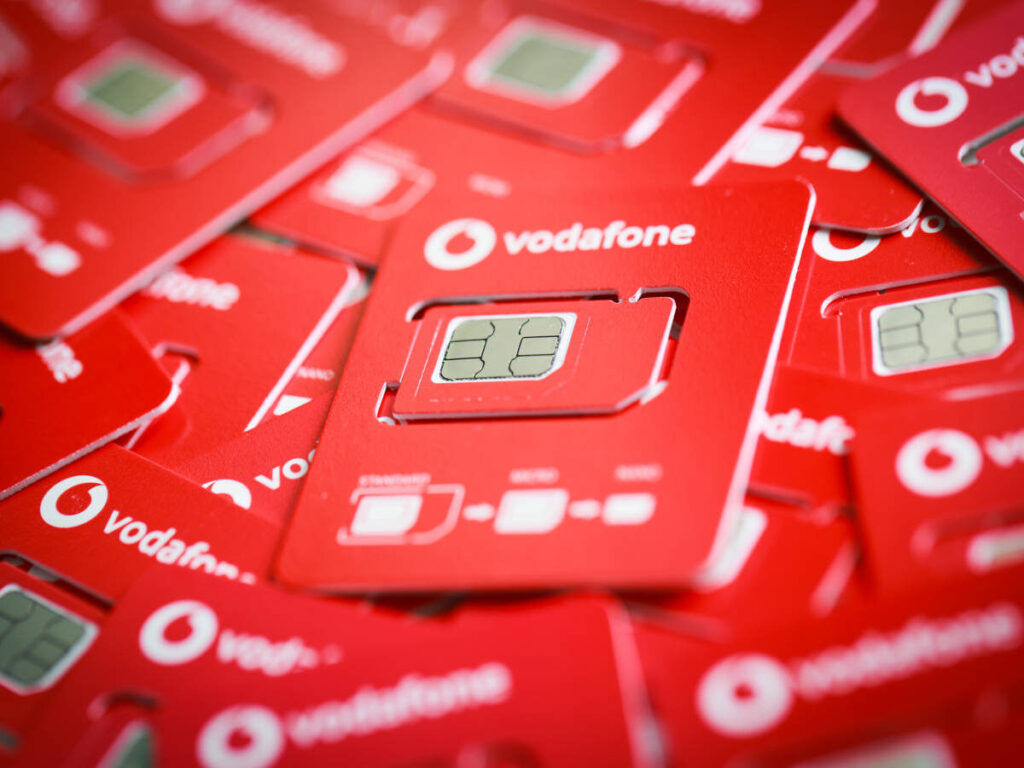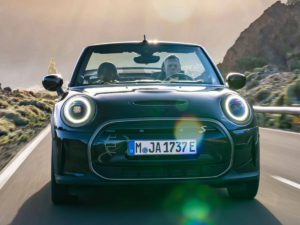There are new figures from Vodafone. Figures for the second from last quarter of 2021. Also, they cause you to pay attention. Since regardless of whether the client development in Germany is somewhat sensible, SIM cards are not generally initiated in any German organization.

After Telefónica Deutschland and Deutsche Telekom , Vodafone additionally conveyed new figures on Tuesday for the second from last quarter of the current year. Furthermore, in contrast to the two contenders, these are fundamentally less uplifting as far as development with important agreement clients. By the by, the German auxiliary of the British broadcast communications bunch sees itself on target – basically with a view to gigabit clients in the decent organization.
VODAFONE IS GROWING IN ALL SEGMENTS
In practically all portions, Vodafone had the option to record development as far as client advancement among July and September 2021. The organization administrator had the option to build the client base in its German portable correspondences division by 224,000 to a current figure of 31.15 million. While the quantity of prepaid clients expanded by 143,000 to 12.09 million, the development in the significant agreement client business was fairly curbed with an expansion of 81,000 to 19.06 million clients. For examination: Deutsche Telekom had the option to get 232,000 agreement clients in the second from last quarter of the current year, and Telefónica Deutschland even invited 415,000 new clients to the agreement section.
Essentially Vodafone had the option to prevent the client misfortune from contract clients, which was as yet seen in the initial two fourth of the current year. Among January and March, the organization administrator lost 20,000 agreement clients in this nation, and another 27,000 among April and June. As it turns out, assuming you additionally consider M2M cards that are initiated in the Internet of Things, 61.9 million SIM cards are radio in the German Vodafone organization . In no other German cell network are more SIM cards dynamic.
In the decent organization section, Vodafone can think back on 10.96 million broadband clients in Germany. As of the finish of September, that was 32,000 a larger number of clients than toward the finish of June. Nonetheless, you need to place the strong development into viewpoint and take away 18,000 client associations that Vodafone needed to book out as a component of a smoothing out of the client base. The quantity of customary TV clients has likewise kept on declining . It fell in the second from last quarter by 26,000 to now 13.38 million. This fundamentally influences those clients who utilize an exemplary link association.
NEW CUSTOMERS OFTEN OPT FOR A FAST GIGABIT CONNECTION
As indicated by Vodafone, an association is primarily well known with new web clients. The gigabit tax with 1,000 Mbit/s downstream for just shy of 50 euros each month. This tax can presently be utilized with a free switch for 0 euros for the initial a half year and there is no arrangement charge . “Interestingly, most of all new link clients selected a gigabit association,” reports Vodafone’s Germany manager Hannes Ametsreiter. More than 1 million Vodafone clients utilize the gigabit tax in the proper organization. Also, the administrator adds: “This builds accessibility: Our experts have extended our gigabit network for right now more than 23 million families.”
Portable AND LANDLINE SALES STAGNATE
Also, how could it go monetarily? Strong. Since among July and September, Vodafone created administration income of just shy of 2.91 billion euros in Germany. The German business by and by contributed the most noteworthy turnover in the Vodafone Group. For correlation: In the second from last quarter of 2020, deals were as yet 2.88 billion euros. The turnover in portable interchanges expanded imperceptibly from 1.28 to 1.29 billion euros year-on-year, while fixed-line business developed from 1.61 to 1.62 billion euros.


